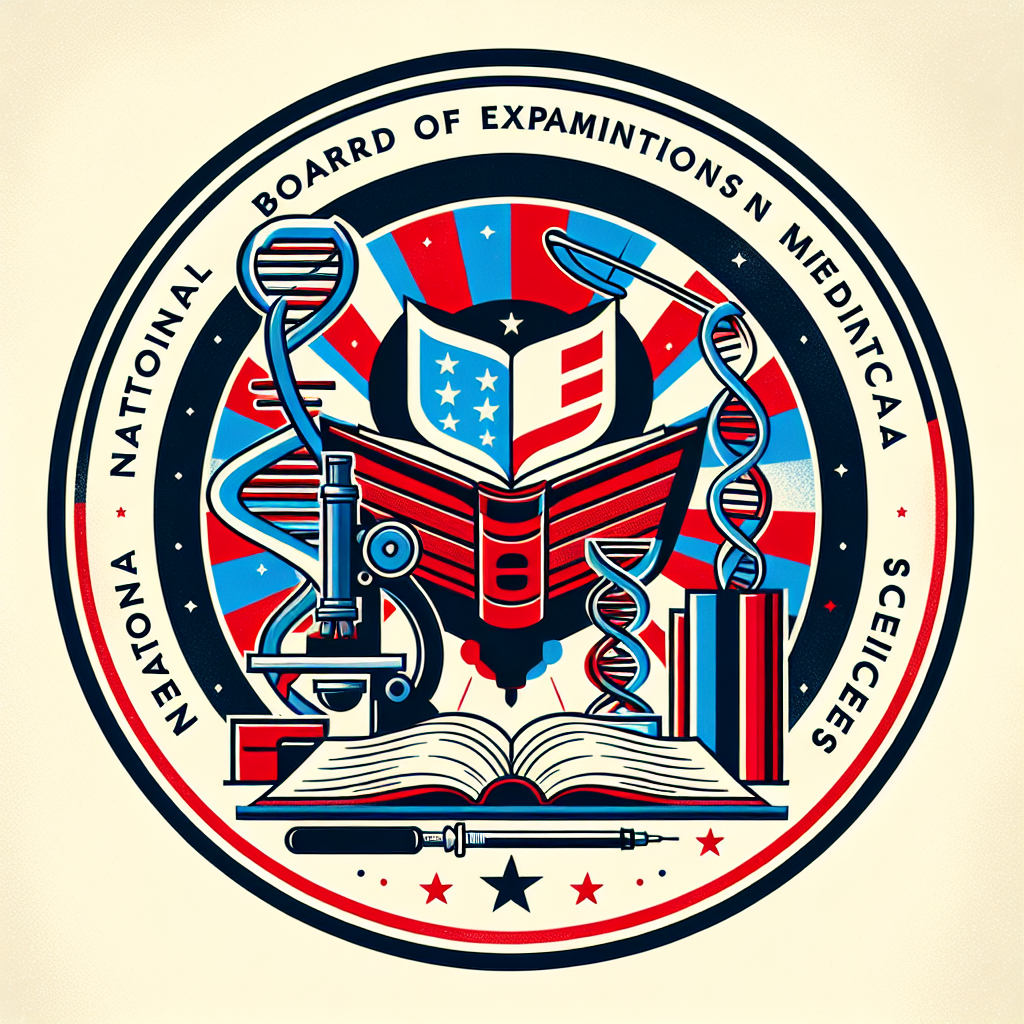Breakthroughs in Space, Archaeology, and Technology: A Week in Science
This week's science news covers crucial developments including the recovery of space startup funding, the find of a complete UK dinosaur fossil, the detection of a mid-sized black hole, Europe's successful Ariane 6 debut, astronaut confidence in Boeing's Starliner, and Neuralink's brain chip stability in its first patient.

Space startups are experiencing a financial resurgence as global investments reached $2.41 billion from April to June, marking the third quarter of growth, according to Seraphim Space.
In paleontological news, a plant-eating dinosaur fossil, deemed the most complete specimen found in Britain in a century, was unearthed on the Isle of Wight. The dinosaur, estimated to be 125 million years old, weighed around 900 kilograms.
Astronomers have detected a mid-sized black hole at the center of a galaxy that merged with the Milky Way 8 to 10 billion years ago, based on the strange movements of seven stars in its remnant core.
Europe celebrated the successful debut of the Ariane 6 rocket despite a glitch that left the rocket coasting in orbit. The launch signifies Europe's renewed independent access to space.
NASA astronauts expressed confidence in Boeing's Starliner capsule, awaiting resolution of its thruster issues, affirmed their faith in the spacecraft to return them safely to Earth.
Neuralink's brain chip, implanted in a paralyzed individual, has shown stability, according to the company. This comes after concerns arose in May regarding wires dislodging from their position.
(With inputs from agencies.)
- READ MORE ON:
- science
- space
- startups
- dinosaur
- fossil
- black hole
- Ariane 6
- Starliner
- Neuralink
- brain chip
ALSO READ
Magnetofossils Discovered in Ladakh's Rock Varnish Provide Clues for Astrobiology and Mars Missions
Fossils suggest even smaller hobbits' roamed an Indonesian island 700,000 years ago, reports AP.
India’s Heatwave Spurs Record Fossil Fuel Generation Despite Renewable Growth
Unearthed Hobbit Fossil Unlocks Secrets of Human Evolution
India's Energy Challenge: Fossil Fuels Still Key Amid Rapid Renewable Growth










